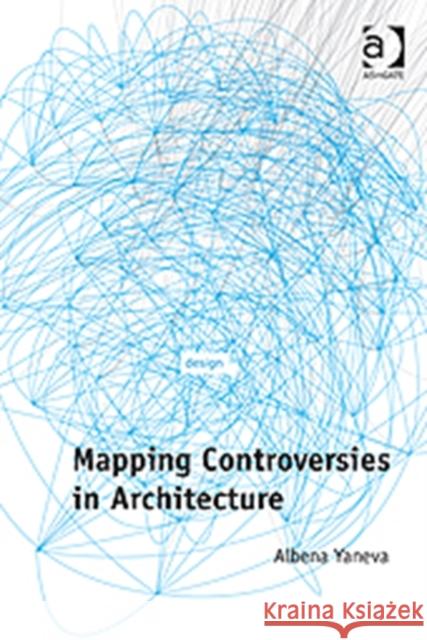Mapping Controversies in Architecture » książka
Mapping Controversies in Architecture
ISBN-13: 9781409426684 / Angielski / Twarda / 2012 / 144 str.
Mapping Controversies in Architecture
ISBN-13: 9781409426684 / Angielski / Twarda / 2012 / 144 str.
(netto: 743,28 VAT: 5%)
Najniższa cena z 30 dni: 705,23
ok. 16-18 dni roboczych.
Darmowa dostawa!
The book tackles a number of challenging questions: How can we conceptualize architectural objects and practices without falling into the divides architecture/society, nature/culture, materiality/meaning? How can we prevent these abstractions from continuing to blind architectural theory? What is the alternative to critical architecture? Mapping controversies is a research method and teaching philosophy that allows divides to be crossed. It offers a new methodology for following debates surrounding contested urban knowledge. Engaging in explorations of on-going and recent controversies and re-visiting some well-known debates, the analysis foregrounds, traces and maps the changing sets of positions triggered by design: the 2012 Olympics stadium in London, the Welsh parliament in Cardiff, the Heathrow airport runway extension, the Sydney Opera House, the Eiffel Tower. By mobilizing digital technologies and new computational design techniques we are able to visualize the variety of factors that impinge on design and track actors' trajectories, changing groupings, concerns and modalities of action. The book places architecture at the intersection of the human and the nonhuman, the particular and the general. It allows its networks to be re-established and to run between local and global, social and technical. Mapping controversies can be extrapolated to a wide range of complex phenomena of hybrid nature.











